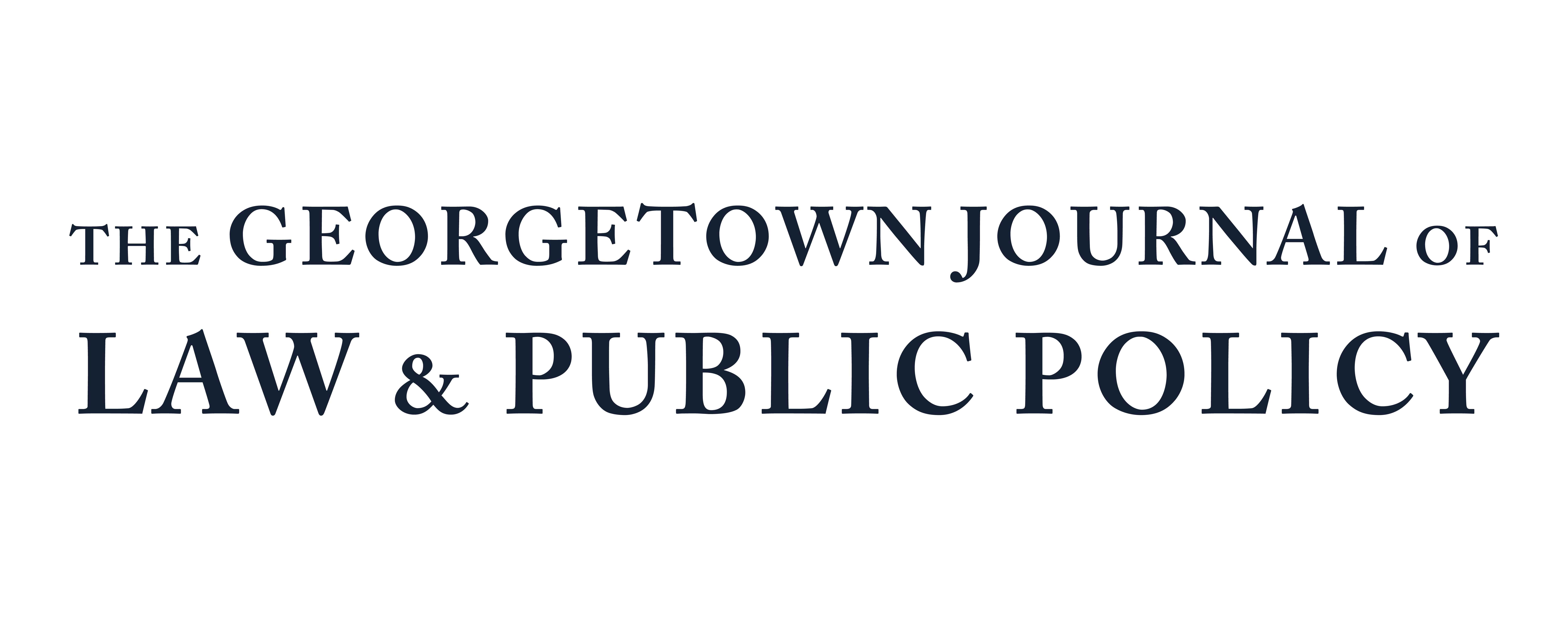Ruan v. United States: An Important Ruling or Merely Sound and Fury?
Some opinions by the Supreme Court of the United States resemble the finale to Tchaikovsky’s 1812 Overture. They announce their importance not with a band but with an entire orchestra—and cannons. The Court’s recent decision in Dobbs v. Jackson Women’s Health Organization is one of those cases. Dobbs overturned the Court’s 1973 ruling in Roe v. Wade that the Fourteenth Amendment’s Due Process Clause guarantees a woman the right to have an abortion. The reverberations from Dobbs will be felt for a long time.
By contrast, another recent Supreme Court decision—Ruan v. United States— will create excitement only among a particular subset of the academy and bar, those who teach or practice criminal law. Ruan involved an interpretation of the principal federal law governing the distribution of legal and illegal drugs, the Controlled Substances Act of 1970. The Court held that a licensed physician cannot be convicted of violating the CSA for the unlawful distribution of opioids unless the government proves beyond a reasonable doubt that he or she know-ingly prescribed that medication for an illegitimate purpose—viz., one that is beyond accepted medical practice. That ruling reaffirms the importance of the role of mens rea in distinguishing “good guys who made a mistake” from “bad guys who flouted the law.” It does so by requiring the government to prove that a defendant knowingly engaged in wrongdoing. Any such ruling could greatly help defendants.
Continue reading Ruan v. United States: An Important Ruling or Merely Sound and Fury?

